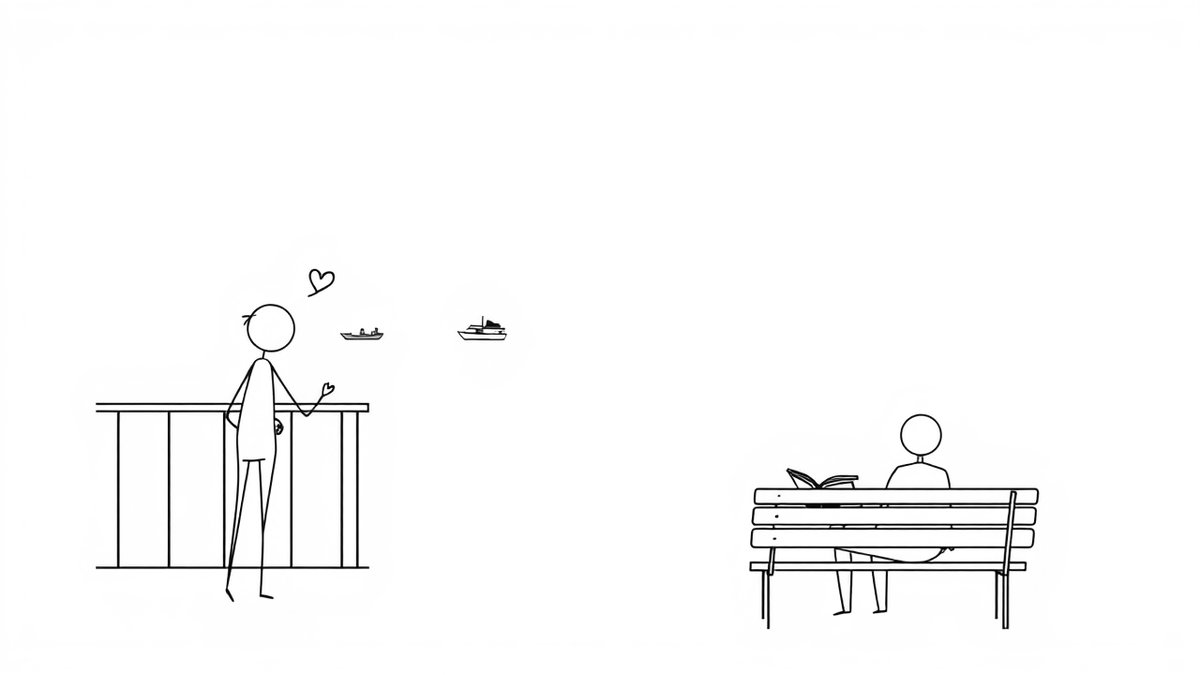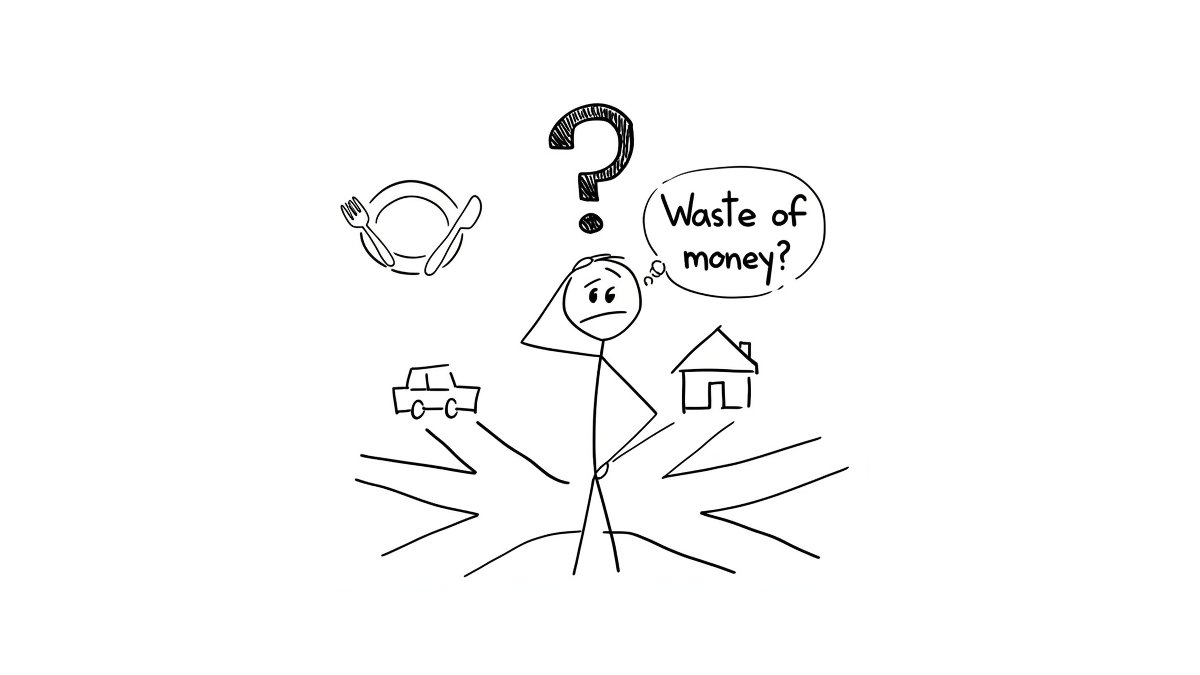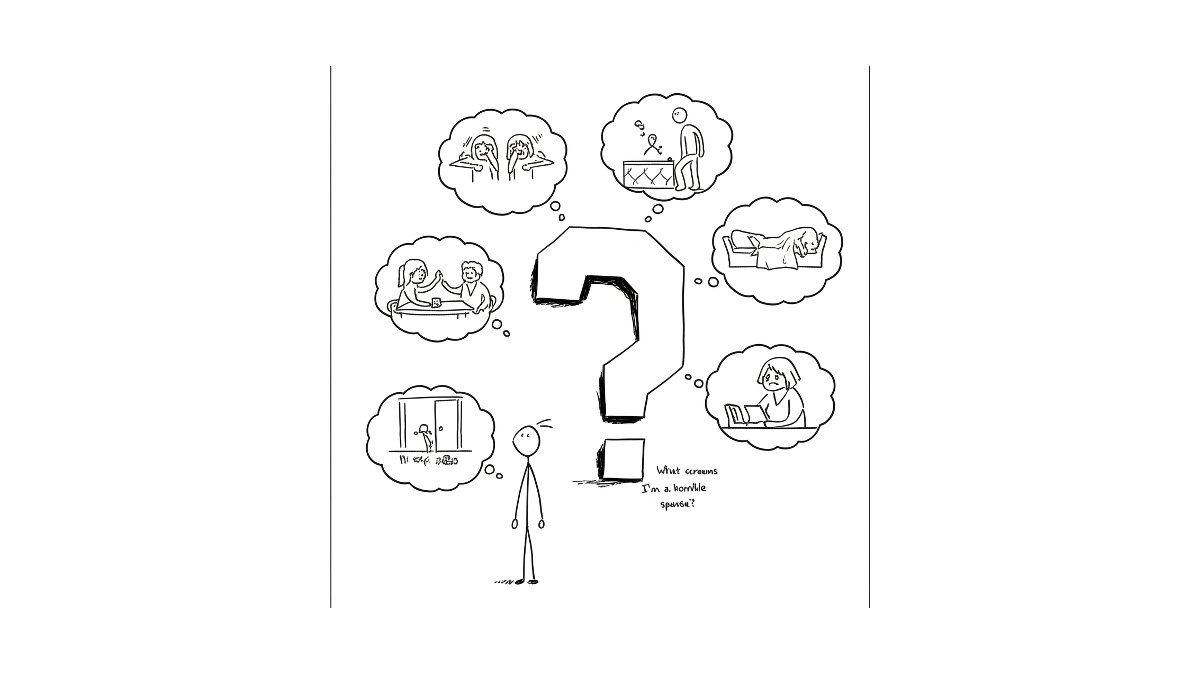Do you ever feel overwhelmed by health advice? One expert says to avoid carbs. Another says to fill your schedule with productive hobbies. This constant stream of rules can make you feel guilty for simple things, like resting or eating a potato. But what if some of those ‘unhealthy’ habits are actually good for you?
The Modern Health Trap
In our fast-paced world, we often chase an ideal version of health. This ideal involves eating only ‘fresh’ foods and staying busy. However, this mindset can mislead us. Many people avoid perfectly good foods because of myths. For instance, potatoes get a bad reputation, but the food itself is not the problem. The preparation method is what often makes it unhealthy.
“Potatoes. It’s the oil and what we do to them that makes them high calorie and unhealthy”
Furthermore, many believe fresh vegetables are always superior. In reality, frozen options can be a better choice. They are often frozen at peak ripeness, preserving more nutrients than fresh produce that travels long distances.
“Frozen vegetables. It’s seen as cheap and not as good as fresh, when in fact, it’s almost always healthier than “fresh” vegetables.”
The Problem with Perfection
Consequently, the pressure to be perfect creates unnecessary stress. We feel lazy for taking a much-needed nap. We worry our kids are not stimulated enough if they experience boredom. This contradicts our natural instincts. Your body often knows exactly what it needs to thrive.
“Doing nothing. Just chilling and recharging.”
Moreover, this conflict can lead to burnout. Listening to your body’s need for rest is a critical part of a healthy lifestyle. If you feel exhausted enough to sleep all day, your body is sending a clear signal. Honoring that signal is not weakness; it is essential self-care.
“Sleeping all day when you’re exhausted.. As my trainer says: if you’re actually falling asleep, you clearly needed it.”
Embrace a Simpler Health
Therefore, you can improve your well-being by embracing simpler habits. Start by letting your children experience the world naturally. Allowing kids to be bored can foster creativity and independence. Letting them play in the dirt also has surprising benefits.
“Being around dirt. Especially for kids. Exposure to a natural, somewhat dirty environment helps your immune system develop properly, which in turn helps reduce the chance of developing allergies or immune system diseases…”
Additionally, you can apply this simplicity to child development. Instead of relying on containers, give babies time on the floor. This simple action supports their physical growth and exploration in a safe environment.
“Put baby on the floor. Babies don’t always need to be in a bouncer, swing, jumper, walker, rocker, chair etc. They do great on the floor in a safe space.”
Ultimately, true health is about balance, not perfection. It involves listening to your body and trusting simple, time-tested practices.




